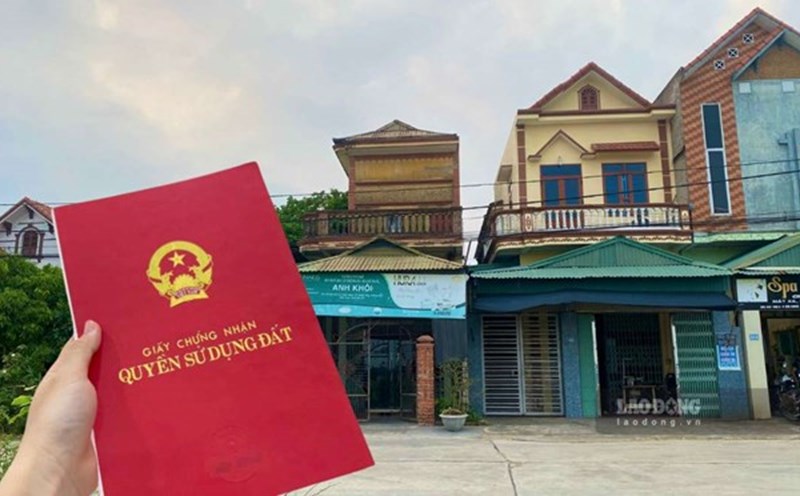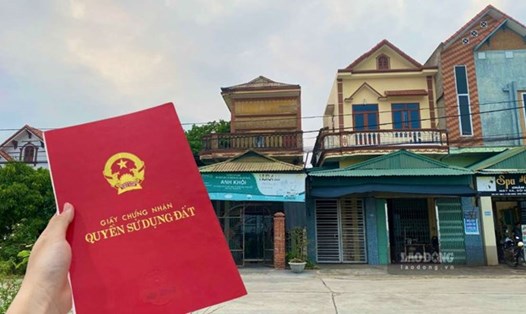Pursuant to Article 220 of the 2024 Land Law, which stipulates the principles and conditions for land division, it can be seen that if one of the following 3 cases occurs, the land plot will not be divided:
(1) The land plot does not have one of the following types of certificates:
- Land use rights certificate.
- Certificate of house ownership and land use rights.
- Certificate of land use rights, house ownership rights and other assets attached to land.
- Certificate of land use rights and ownership of assets attached to land.
(2) The land plot has expired its land use term.
(3) Land in dispute, seized to ensure execution of judgment, or subject to temporary emergency measures by competent state agencies.
However, in case of disputed land but the disputed area and boundary can be determined, the remaining undisputed area and boundary of that land plot is allowed to be divided.
Note: Some provinces and cities do not require a red book or pink book to separate plots of land (only need to meet the conditions for issuing a red book or pink book). This means that even if the plot of land has not been issued a red book or pink book, it is still allowed to separate plots of land if it meets the conditions for being issued a book.
If according to the provisions of the land law as stated above, it can be seen that even if the land has no access, it can still be divided into plots. However, one of the "immutable" principles in the Civil Code is also applied in practice: the land plot must have access.
This content is stipulated in Article 254 of the 2015 Civil Code as follows:
1. An owner whose real estate is surrounded by real estate of other owners without or with insufficient access to a public road has the right to request the owner of the surrounding real estate to provide him with a reasonable access on their land.
YOUTH: ....
3. In case real estate is divided into many parts for different owners and users, when dividing, necessary passages must be reserved for people inside according to the provisions of Clause 2 of this Article without compensation.
Accordingly, when a plot of land is divided into many different plots, when dividing (separating), necessary passages must be reserved for people living inside without compensation. That is, there must be a passage and the surrounded land users do not have to compensate the land users living outside.
The location, length, width and height of the passage shall be agreed upon by the parties, ensuring convenience for travel and causing little inconvenience to the parties; if there is a dispute over the passage, the parties have the right to request the Court or other competent state agencies to determine.
Thus, in addition to the conditions for land division according to the provisions of the land law, when dividing a land plot, there must be a path. In other words, land without a path will not be divided.











